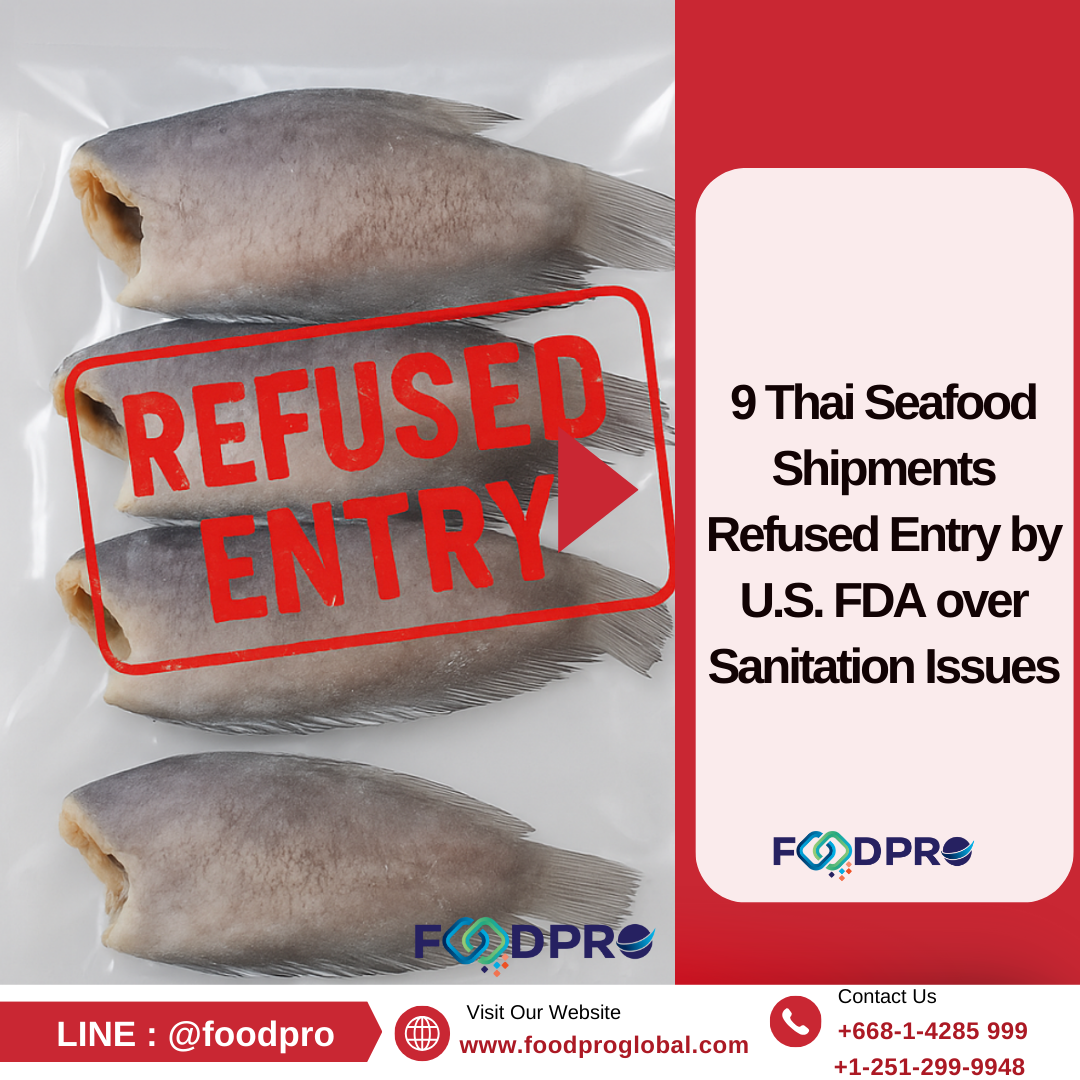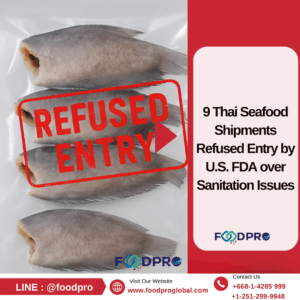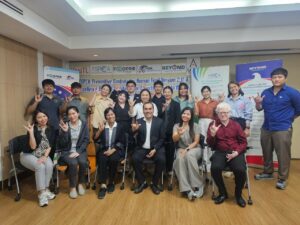In a stunning development for the seafood industry, nine shipments of Pla Salid and mackerel originating from Thailand have been firmly denied entry into the United States by the Food and Drug Administration (FDA). This significant action was taken due to unsanitary production conditions detected during the FDA’s stringent review process. As recently as March 2025, an additional eight shipments of Pla Salid, along with one shipment of mackerel from the same factory in Thailand, faced rejection. The FDA’s decisive reason for these denials was the confirmation that these products had been made, processed, or packed under conditions deemed unsanitary, in direct violation of the established Current Good Manufacturing Practice (cGMP) regulations.
With reference to report from U.S.FDA for the season of refusal ” This product is subject to refusal of admission pursuant to section 801(a)(1) in that the article appears to have been manufactured, processed, or packed under insanitary conditions. “
The FDA maintains a rigorous focus on legal standards, particularly concerning seafood imports, which must adhere to the Seafood Hazard Analysis Critical Control Point (HACCP) guidelines as well as cGMP regulations. Factories that fail to comply with cGMP often exhibit a range of common issues, including, but not limited to:
– Production areas that are not kept clean and orderly
– Unsanitary tools or surfaces that can contaminate products
– Workers who lack adequate hygiene training, posing risks to food safety
– Insufficient measures in place to protect against pests or contaminants
There is a prevalent misconception among many exporters that having certification can substitute for the necessity of passing FDA inspections. However, it is crucial to understand that the FDA does not prioritize certifications over their import approval process. Once a product is denied entry and flagged by the FDA, subsequent shipments may face automatic detention, which can have significant repercussions for both exporters and U.S. importers alike.
The significance of consistently adhering to cGMP cannot be overstated. The Food Safety Preventive Controls Alliance (FSPCA) Preventive Controls for Human Food course clearly emphasizes that cGMP is foundational for ensuring food safety. Producers are encouraged to implement these practices not merely to pass inspections but as a commitment to building and maintaining long-term trust with consumers and regulatory bodies.
At FOODPRO GLOBAL, we recognize the challenges faced by Thai exporters navigating these complex regulations. Our team is well-equipped to provide the necessary support to ensure compliance with U.S. FDA regulations related to cGMP, HACCP, and Foreign Supplier Verification Programs (FSVP). If you are a producer or exporter looking to:
– Assess your facility for compliance and safety
– Improve your sanitation practices to meet FDA standards
– Provide thorough training for your team on U.S. FDA requirements
we invite you to reach out to us for assistance. You can contact us through our website at www.foodproglobal.com or connect with us via LINE OA: @foodpro. Together, we can work towards ensuring that your products meet the highest standards of safety and quality.



